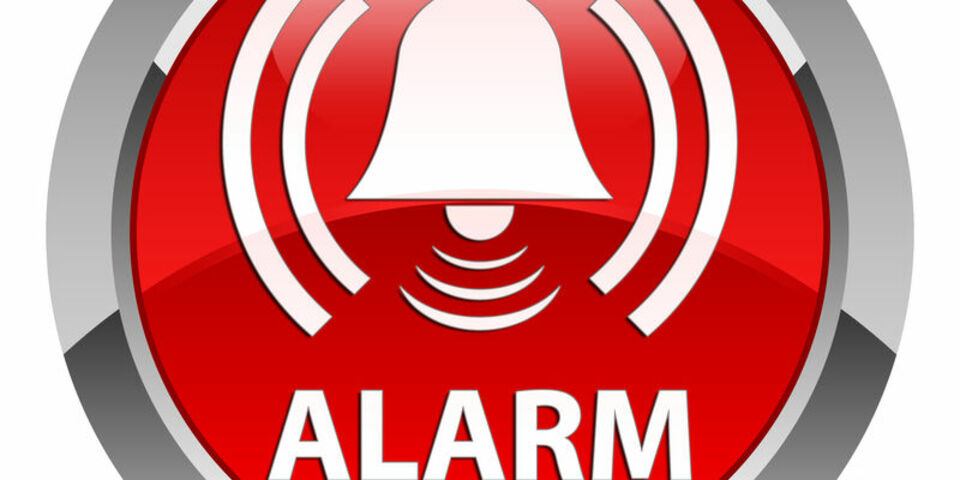Teaching staff are getting burned out from the crisis
Since the coronavirus crisis has hit, the pressure from work has gone up, say three-quarters of the members of the Dutch General Education Association (AOb). “It's even worse than we had thought,” says AOb board member Tamar van Gelder. Teaching staff want to get back to the usual way of teaching on site, and fast.
Since the lockdown was imposed, many teachers in vocational education and training (MBO), higher vocational education (HBO) and university education are working harder than ever so they can teach well online. For some, it’s now getting to be too much. Those stories are well known, but just how significant is the problem?
The AOb polled its members. A total of 1,639 respondents completed the questionnaire. “Their answers have only confirmed our suspicions,” says Van Gelder.
Work pressure
Pressure from work was already high before the coronavirus crisis hit, but now it’s really piling on: 73 per cent of teachers are feeling higher or even much higher pressure from work. Only a small group (seven per cent) now feels less pressure.
“For three months now, I’ve had to work much more than the 32 hours I’m contractually obliged to put in,” said one of the respondents. “This, combined with having to look after two children – one three years old, the other, one-and-a-half – meant that I was working seven days a week, often until well into the night.”
Another respondent had this to say: “I know my way around when it comes to working online, so I can manage that fine, but I'm fed up not having proper contact with the students. I find myself getting depressed more and more often. I miss the students, and I miss my colleagues.”
Teaching staff are ultimately satisfied with how they have been performing. Most believe that the transition to online education has been ‘good’ or ‘all right’: That is the view of 74 per cent of teachers working in higher vocational education and 81 per cent of those working in university education.
Exploitation
But that is not the whole story. 75 per cent of teaching staff in higher vocational education and 69 per cent of university teachers say the quality of education has dropped. No matter how hard they work, it doesn’t seem to be enough.
Exploitation of teachers and a drop in the quality of education: that is the bottom line from this survey. AOb board member Van Gelder puts it this way: “Politicians will have to acknowledge that this is not the education we would like – not for the students, and not for the teachers. We’re not seeing that yet in all the debates that have been had and all the measures that have been taken.”
One example of this is the new restricted lesson times that are supposed to keep students from travelling during peak hours. According to the survey, half of the teachers are firmly against this. “It would be a good idea to give the students priority for once, for instance by getting back to on-site education as much as possible, for all students, starting on 1 September,” remarked one respondent.
Hospitality
According to Van Gelder, teachers mostly think that the wrong priorities are being set. “Someone with a job in hospitality is allowed to travel during peak hours and gets higher priority than someone enrolled in a study programme.”


Discussion